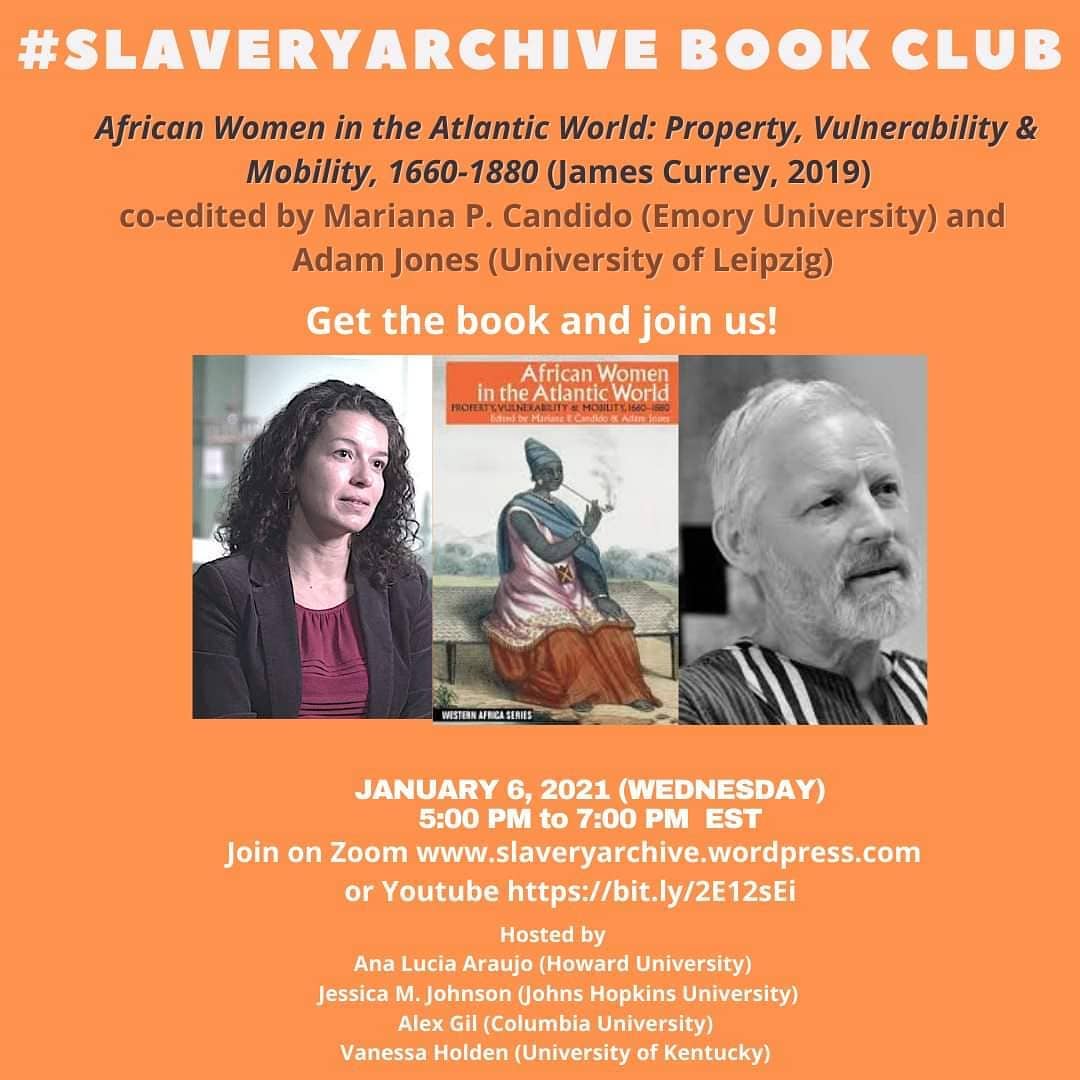Dr. Carol Anderson, Charles Howard Candler Professor of African American Studies and Associated Faculty in the History Department, offered analysis in TIME of voter suppression efforts in Georgia following the 2020 general election and January runoff elections for Georgia’s two senate seats. Anderson’s most recent book is One Person, No Vote: How Voter Suppression Is Destroying Our Democracy (Bloomsbury, 2018). Read an excerpt from the piece below along with the full article: “After Georgia Flips Blue, Voting Rights Advocates Brace for New Voting Restrictions.”
“Some voting rights advocates and experts don’t buy that reasoning. ‘It’s bull,’ says Carol Anderson, chair of African American Studies at Emory University in Atlanta. ‘So what we’re saying is that when you know you’ve sent out XYZ millions of ballots and you know the kinds of statistical returns you’re going to have on that, that you’re not going to provide the staffing to handle it?’
“She feels lawmakers’ sudden interest in alleged fraud in mail voting is entirely politically motivated. ‘It was the use of those absentee ballots, particularly by folks who haven’t used them before that…helped flip the state blue,’ she says. ‘Let’s be real clear here. The Republicans would not be looking at this if… you hadn’t had the use by African Americans of mail-in voting absentee ballots.'”
